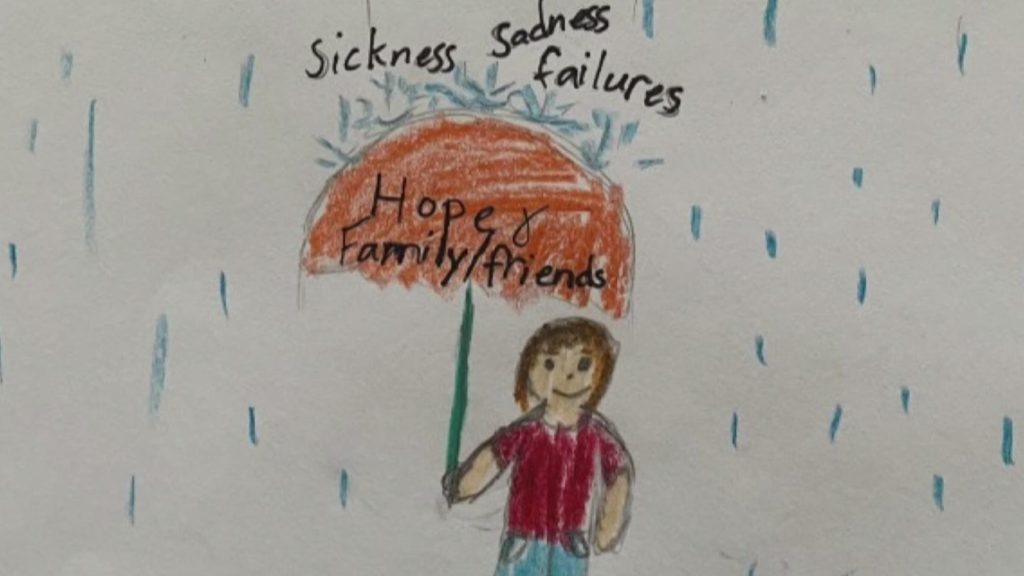The COVID-19 pandemic and the shutdown have taken a mental health toll on teens and young adults; here’s what some experts say can help.
PORTLAND, Ore. — Before the pandemic, 13-year-old Melanie Gabriel wasn’t the biggest fan of school. She thought it was boring. Her opinion has definitely changed since the pandemic closed schools last March.
“The shutdown went from like two weeks to a month to several months, and the longer it went the worst it got,” Melanie said.
The lack of social interaction took a toll on her mental health. It got so bad, at one point Melanie wanted to hurt herself. Her mom Megan caught on and was able to get her help.
“She just hid out in her room, like she would never leave her room,” Megan said. “I would have to go into her room to check on her, feed her, take care of her.”
Experts say a change in habits can be a sign of childhood depression.
“If a kid who’s very talkative suddenly becomes withdrawn, I would look for that,” said Jeff Carr, CEO at Albertina Kerr, an organization that provides mental health services to young people. “If a kid’s eating habits begin to change, if their sleep habits begin to change, I think those are some initial warning signs.”
Carr encourages people to talk to kids about their own struggles with the pandemic. “It provides, I think, the space for kids to feel like, ‘Oh it’s OK to say that I’m struggling. I don’t have to hide that,'” he said.
Dr. Linda Nishi Strattner, a clinical psychologist, recommends kids make a time capsule of the pandemic — using arts and crafts, masks and drawings — to let them remind themselves this is going to end.
“It’s giving that sort of subliminal message that we’re going to get through this,” Strattner said. “We’re going to put it in a time capsule, we’re going to remember this someday and look back and maybe we’re going to laugh at some of those things.”
Melanie laughs more these days. She’s in therapy and happy to be back in school thanks to hybrid learning. Her mom said just two days of in-person classes have made a huge difference.
“My teenager is back, she’s just sassy and full of joy and bouncing off the walls,” she said. “I think I’ve heard her first-day-of-school story 100 times.”
The National Suicide Prevention Lifeline is available 24/7 for anyone in need of help: 800-273-8255. It will connect you with local counselors any time.
